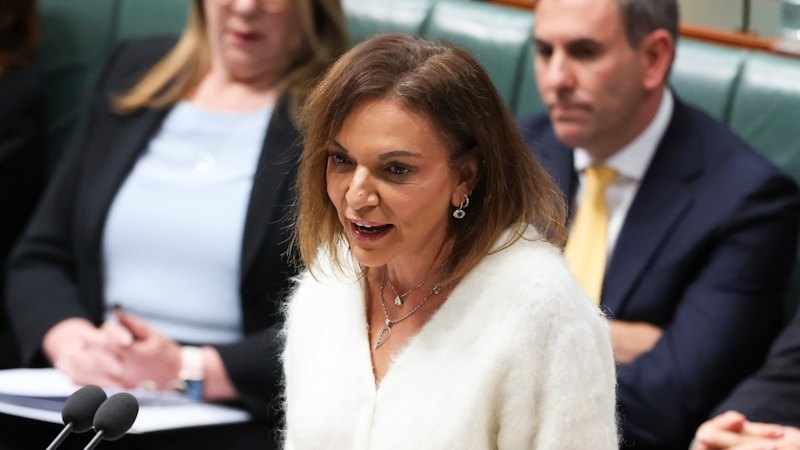
When Bianca Wilmott decided to surprise her boyfriend with two premium tickets to Lady Gaga’s highly anticipated Australian tour, she knew just the strategy to make it happen. The 32-year-old social media manager from Sydney’s inner west opted for the buy now, pay later (BNPL) service Afterpay to manage the cost of her two $600 tickets.
“It’s part of my budgeting, to be able to split the payment up … I wouldn’t have [purchased tickets without Afterpay] because I wouldn’t have wanted to make that big payment in one go,” says Wilmott. She is among 11,500 fans who secured Lady Gaga tickets through the BNPL platform.
According to Afterpay, 1.5 million transactions were recorded in the live entertainment sector in Australia over the 12 months leading up to April 2025. This surge coincides with a wave of international artists touring the country, including Katy Perry, Billie Eilish, Dua Lipa, and Olivia Rodrigo, alongside local favorite Kylie Minogue. Later this year, audiences can look forward to performances by Gaga, Metallica, Kendrick Lamar, Bad Bunny, Oasis, and Usher.
Rising Ticket Costs and Consumer Behavior
The rise in BNPL transactions is closely linked to the escalating cost of concert tickets. A report from Live Performance Australia highlighted a significant increase in average ticket prices, which jumped from $87.01 in 2022 to $128.21 in 2023. This trend is not isolated to Australia; globally, concert ticket prices have been on an upward trajectory, driven by increased production costs and high demand for live performances post-pandemic.
Buy now, pay later services have become a popular solution for consumers facing these higher prices. At Coachella, one of the world’s most renowned music festivals, BNPL transactions accounted for 60 percent of ticket sales this year. This shift in consumer behavior underscores a broader trend towards flexible payment options in the face of rising living costs.
The Economic Impact of BNPL Services
BNPL services have revolutionized the way consumers approach large purchases, offering a financial lifeline for those who might otherwise be priced out of experiences like live concerts. Experts suggest that these services are not only changing consumer habits but also impacting the broader economy.
“BNPL services are encouraging spending by making high-cost items more accessible,” says Dr. Emily Carter, an economist specializing in consumer behavior. “While this can stimulate economic activity, it also raises concerns about consumer debt levels and financial literacy.”
“BNPL services are encouraging spending by making high-cost items more accessible.” — Dr. Emily Carter
Despite these concerns, the popularity of BNPL services continues to grow. Companies like Afterpay, Zip, and Klarna have reported significant increases in user numbers and transaction volumes, indicating a strong demand for alternative payment solutions.
Looking Ahead: The Future of Concert Ticket Purchasing
The integration of BNPL services into the concert ticketing process appears to be a lasting trend. As ticket prices continue to rise, more consumers are likely to turn to these services to manage their entertainment budgets. This shift could lead to changes in how events are marketed and sold, with promoters potentially offering exclusive BNPL deals or incentives.
Meanwhile, regulatory bodies are keeping a close eye on the BNPL sector. In Australia, the government has proposed new regulations to ensure these services are used responsibly and that consumers are protected from excessive debt.
As the live entertainment industry continues to rebound from the pandemic, the role of BNPL services in shaping consumer access to events will be a key area of focus. For fans like Bianca Wilmott, these services offer a way to enjoy live music without the financial strain of upfront costs.
In conclusion, the rise of BNPL services represents a significant shift in consumer behavior, driven by the increasing cost of live entertainment. As these services become more integrated into the purchasing landscape, both consumers and the industry will need to adapt to the new financial dynamics they introduce.







